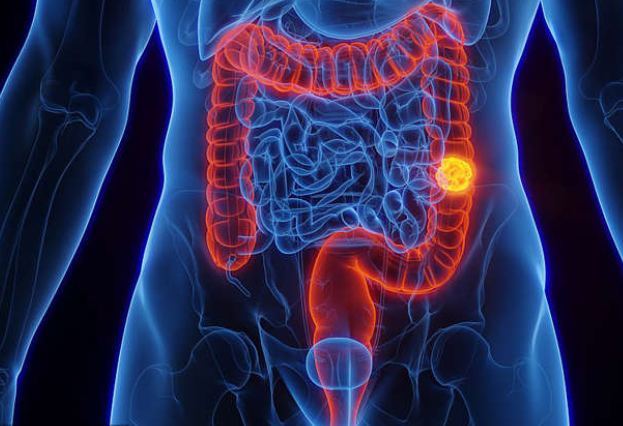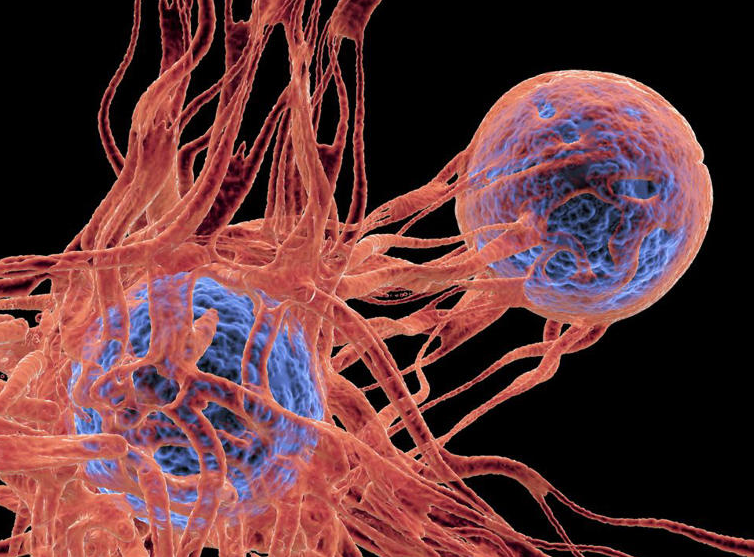We are rapidly approaching the holiday season. However, it isn’t all simply having a wonderful Christmas time for many men in the UK during these long cold nights.
With added stress and upset from the Covid-19 virus, many men feel the added pressure and more effects of seasonal affective disorder.
The winter blues are linked to Seasonal Affective Disorder (SAD), also known simply as SAD. The cause of SAD isn't known exactly; however, it appears to be related to our circadian rhythm- the 24-hour cycle of sleep and wakefulness that regulates many body functions, including hormone levels.
As with many statistics about mental health, it is hard to know if the numbers show what is happening. They can only tell us those that have been reported. Unfortunately, unreported cases mean that many men may not be diagnosed and get the help they need.
However, according to the Mind, 1 in 4 people each year will suffer from some sort of depression.
Signs and Symptoms
At least one of the symptoms below is always present in every person with SAD:
● Changes in appetite
● Fatigue
● Insomnia
● Irritability
● Loss of interest in sex
● Mood swings
● Muscle aches
● Nervousness
● Restlessness
Symptoms vary in how bad they are for each person. Some people may just find it harder to get out of bed on dark, cold mornings, while others may find that their symptoms have a big effect on their daily life.
The National Institute for Health and Care Excellence advises that if you are suffering from SAD, then Cognitive-behavioural therapy (CBT) and medication for depression are suggested proven treatments.
Ways You Can Tackle SAD
If you suffer from Seasonal Affective Disorder (SAD), you might want to consider how you can change your lifestyle to improve your well-being and deal with your mental illness.
First, you need to accept your mental illness and realise this is completely out of your control.
When looking at ways to tackle SAD head-on, here are some tips.
1) The Great Outdoors
Daily exposure to natural light is particularly effective in the treatment of SAD.
If you cannot go outside due to inclement weather, try spending time in a brightly lit room, such as a living room or office, where the sunlight is reflected off surfaces. You could even place a mirror directly above your desk to reflect natural sunlight onto your face.
Ten minutes a day outside can-do wonders. For example, try walking around the park with the dog or hanging Christmas decorations.
2) Plan Ahead
Anticipate that there will be times when you feel like doing nothing due to SAD.
For example, you could freeze meals if you know you won't have the energy to cook or if you want to make sure you have time to relax or go to bed early.
3) Change Your Mindset
You may be suffering from SAD, but there are many enjoyable times coming up. Like Christmas, Diwali, Hanukkah, and the new year, they bring colour, light, and laughter to darker times.
If you’re finding it hard to think about the positives of winter, remember that spring will bring warmer weather, spring's first flowers, and green leaves on the trees.
4) Light Therapy
Since the 1980s, light exposure therapy has been the main staple for treating seasonal affective disorder (SAD).
It’s one of the most effective ways to treat SAD because it mimics what we see during our days outside. When you spend more time outdoors during the summertime, you naturally start producing less melatonin, the hormone responsible for falling asleep. This causes us to wake up feeling tired and cranky throughout the winter.
Light therapy exposes us to 10,000 lux (the same brightness as the sun), which triggers our brain to produce more melatonin. As a result, we feel better after just a few weeks of daily light therapy.
Societies' Views
When compared to women, men are less likely to talk about or get help for mental health problems. Social norms and rigid gender roles contribute to this phenomenon.
It is well-known that harmful gender stereotypes about women persist, such as the belief that they should act or look a specific way. However, it is equally vital to recognize the harmful effects of gender norms and expectations on men.
Men are usually expected to provide for their families and be strong, dominant, and in charge. Even though these things aren't inherently bad, they can make it harder for men to ask for help and let their guard down.
So much so that in 2021, three out of every four men committed suicide, as reported by the Office of National Statistics. To what extent were mental health issues involved in these? I wonder how many of these wouldn't have happened if they had confided in someone.
Taking the Taboo Out of Talking About It
Talking to a medical expert about your symptoms is crucial if you suspect you are dealing with SAD.
Consider some of the following questions:
● What are the signs and symptoms I am experiencing?
● Is there anything special happening around me that could trigger my mood changes?
● Am I excessively sleeping, or do I lack energy?
Asking for help can be challenging for men.
Some men don't seek help because they feel ashamed or embarrassed about having emotional issues. Others might not know where to start. Still, others worry that seeking help could mean admitting weakness, however, nobody should be left to suffer in silence, there is a plethora of advice available from your GP surgery or mental health charities.
That's why it's important to get help early - before symptoms worsen and before depression causes serious damage to your well-being.
If you don’t feel ready to talk to a professional about this, reach out to others you feel more comfortable with. Your loved ones care about you, have compassion for you, and are eager to lend a hand as you make your way through life.
If you feel isolated and don’t have anyone to turn to and trust, you can find a shed near you with like-minded men and unload the burden with others.
Saturday, the 19th of November, is International Men’s Day which is a perfect opportunity and excuse to pick up tools, get together and celebrate your health and well-being.
Sources:
● https://www.mind.org.uk/information-support/types-of-mental-health-problems/statistics-and-facts-about-mental-health/how-common-are-mental-health-problems/
● https://menssheds.org.uk/find-a-shed/
● https://www.helpinghandshomecare.co.uk/blog/30-tips-on-dealing-with-mental-health/
● https://internationalmensday.com/
●https://www.ons.gov.uk/peoplepopulationandcommunity/birthsdeathsandmarriages/deaths/bulletins/suicidesintheunitedkingdom/2021registrations#:~:text=Males%20continued%20to%20account%20for,rates%20between%202018%20and%202020.
Author: Millie Fuller. Creative copywriter and self-confessed coffee addict.





